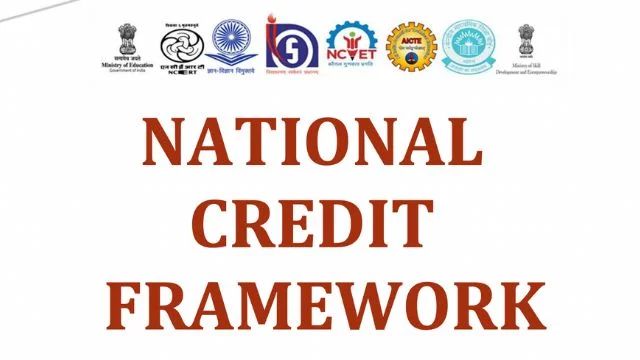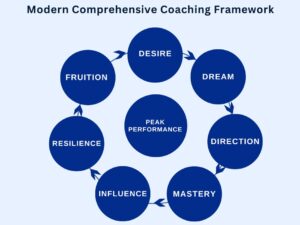
India’s National Credit Framework (NCrF) Considers a Revolutionary Proposal for Skill-Based Degree Credits In an exciting and groundbreaking development, the National Credit Framework (NCrF) in India is currently reviewing a proposal that could reshape the higher education landscape. This proposal aims to enable individuals to transform their work-acquired skills into credits that can be used to pursue undergraduate or postgraduate degrees. Central to this initiative is the concept of Recognition of Prior Learning (RPL), which acknowledges skills acquired outside the traditional academic setting, potentially eliminating the necessity for students to attend certain classes.
India’s educational system has long been hailed for its rigor and high standards. However, it has faced criticism for being slow to adapt to the evolving needs of students and the job market. The NCrF’s proposal, if implemented, could be a game-changer in addressing this issue by opening doors for countless individuals who possess valuable skills acquired through work experience, but may not have the formal academic qualifications to showcase.
Recognition of Prior Learning (RPL): A Paradigm Shift
Recognition of Prior Learning, or RPL, is a pivotal aspect of this proposal. It signifies a shift from the traditional model of higher education where degrees are awarded based primarily on classroom learning. RPL recognizes that individuals can gain substantial knowledge and expertise through work, personal experiences, and self-study, which are often undervalued in the current education system.
Under the proposed NCrF framework, RPL would enable individuals to receive academic credits for the skills and knowledge they have acquired through their work experiences. This recognition could be applied towards achieving an undergraduate or postgraduate degree, depending on the individual’s aspirations.
Streamlining the Process
To ensure the integrity and quality of this innovative approach, institutes seeking to offer RPL credits must adhere to certain guidelines and standards. They are required to seek approvals and consultations with relevant professional bodies to guarantee the relevance and accuracy of the skills being assessed. Additionally, these institutes need to align the percentage of credits awarded with the curricular structure set by the University Grants Commission (UGC) or the respective university.
By involving professional bodies and aligning with established educational structures, the NCrF aims to maintain high educational standards while accommodating individuals who have obtained skills outside the traditional classroom environment. This ensures that the credits awarded through RPL hold the same value as those earned through conventional coursework.
A Potential Boon for Lifelong Learners
The NCrF’s proposal has the potential to be a game-changer for the Indian education system, as it recognizes and values lifelong learning. It offers a unique opportunity for individuals to continue their educational journey without starting from scratch, taking into account the wealth of knowledge and skills they have already acquired in their careers.
This shift towards recognizing work-acquired skills can also help bridge the gap between the skills demanded by the job market and the skills imparted by educational institutions. It could lead to a more dynamic and responsive education system, where students are not just prepared for the workforce but also equipped to thrive in it.
In conclusion, the National Credit Framework’s proposal to incorporate Recognition of Prior Learning (RPL) is an exciting and forward-thinking step that could revolutionize higher education in India. By enabling individuals to convert their work-acquired skills into credits toward undergraduate or postgraduate degrees, this initiative promises to open doors for countless lifelong learners and make higher education more accessible and relevant to the evolving needs of the workforce. If successfully implemented, it has the potential to transform the educational landscape in India, ensuring that the knowledge and skills gained through various life experiences are duly recognized and rewarded.






